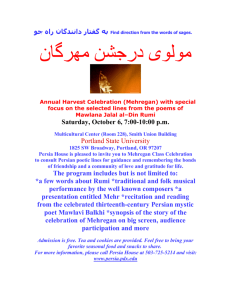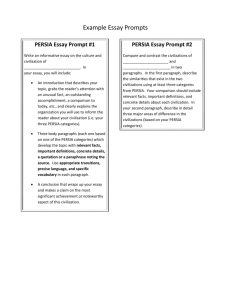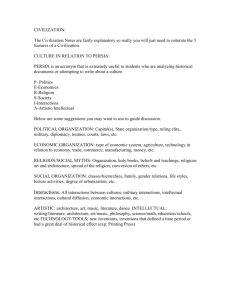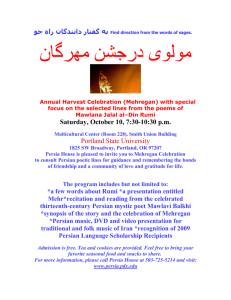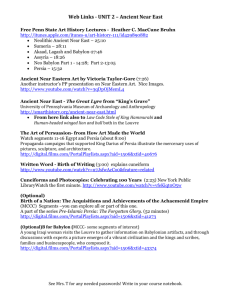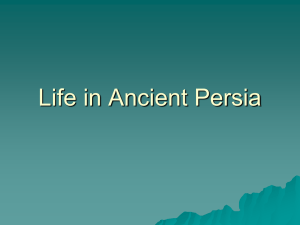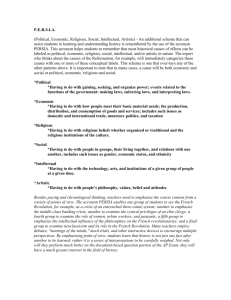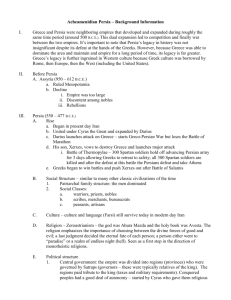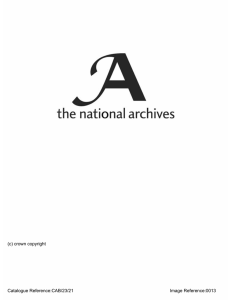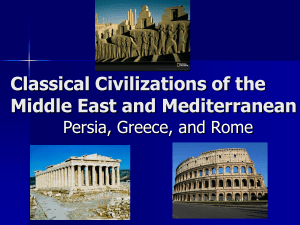The Scientific Revolution
advertisement
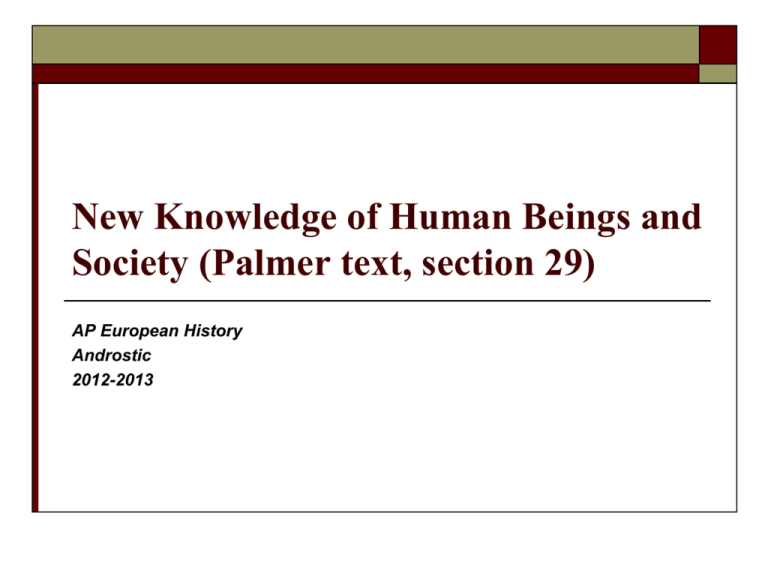
New Knowledge of Human Beings and Society (Palmer text, section 29) AP European History Androstic 2012-2013 Review: What does the illustration to the right illustrate about the views of the Scientific Revolution of the 17th century? Cover of the Rudolphine Tables, Johannes Kepler, 1627 Consequences of the Scientific Revolution Explosion of scientific thought Growth of scientific institutions (Royal Society of London (1662), Royal Academy of Sciences (France, 1666) Scientific publications help spread ideas faster Scientific improvements (navigation and mapmaking, advancing military technologies, tidal charts, steam power) Increased skepticism, conflict between science and religion Confidence in human ability Reinforcement of natural law/natural rights Economic and social changes Taxes to pay for development of military Agricultural and industrial improvement Growth of Skepticism Europeans realized the vastness and difference of the world Elites became skeptical of old assumptions Need for evidence Decline in which trials (illustrates divide between elite and popular cultures) Historical scholarship Chronology Religious Scholarship Montaigne’s Essay on Cannibals Example of growing skepticism Cannibals probably think our customs odd or inhuman Beliefs are relative to time and place (many beliefs have no scientific foundation) Need for Evidence Affected law and witchcraft Sufficient evidence needed regardless of accusation Confessions gained through torture not sufficient evidence Historical Scholarship Knowledge of past reliant on remaining evidence Historical science faced skepticism Scholars tried to find reliable evidence to determine accurate history Paleography – deciphering/authenticating manuscripts Numismatics – study of currency/coinage Chronology Age of the world, finding common denominator between dating systems of various people Creation of the world? Relationship in dates of all civilizations? Gregorian vs. Julian calendar Necessity of uniform dating? James Usher: Claimed world was created in 4004 B.C. Religious Scholarship The bible faced textual criticisms that had been applied to secular documents Richard Simon Critical History of the Old Testament questioned legitimacy of some books of the O.T. Doubtful/unknown origins Monks made errors in copying Evidence of info inserted later Baruch Spinoza Developed pantheism – God had no existence apart from the world (some called it atheism) Denied inspiration of bible, miracles, supernatural Controversial – people afraid to read his writings John Locke True knowledge is derived from experience (Who does that sound like?) Tabula rasa promoted common sense, improved human society, and confidence in social progress Questions to assess your understanding: Whose ideas were the basis for Europeans’ (geocentric) view of the universe? Which astronomers contributed to the destruction of the geocentric view of the universe? Who postulated the heliocentric view of the universe? What does empiricism emphasize? Who created the modern scientific method? Who put forth the three laws of planetary motion? Who formulated the law of universal gravitation? What was Galileo’s greatest achievement? Who wrote On the Revolutions of the Heavenly Spheres? What is its significance? Who wrote Principia? What is its significance? Who postulated the theory of inertia? What did it state? What are the significant consequences of the scientific revolution? It’s time to learn a new skill! PERSIA How can this strategy be used in AP European History? PERSIA PERSIA is a strategy of thinking about a civilization/society. The acronym PERSIA stands for: Political Economic Religious Social Intellectual Arts How can PERSIA be useful to you? When completing an FRQ (Free Response Question) or a DBQ (Document-Based Question), thinking of these societal conditions can help you make connections necessary in your analysis. Example FRQs that could use PERSIA: Discuss the political and social consequences of the Protestant Reformation in the first half of the sixteenth century. (Test 2) How and to what extent did the Commercial Revolution transform the European economy and diplomatic balance of power in the period from 1650-1763? (Test 3) Compare and contrast the triumph of constitutionalism in England and Holland with the triumph of absolutism in France. (Test 4) How can PERSIA be useful to you? In multiple-choice questions, you can use PERSIA to eliminate choices (if the question deals with a political characteristic, eliminate choices that deal with economics/religion). Two examples from past AP Exams follow…
